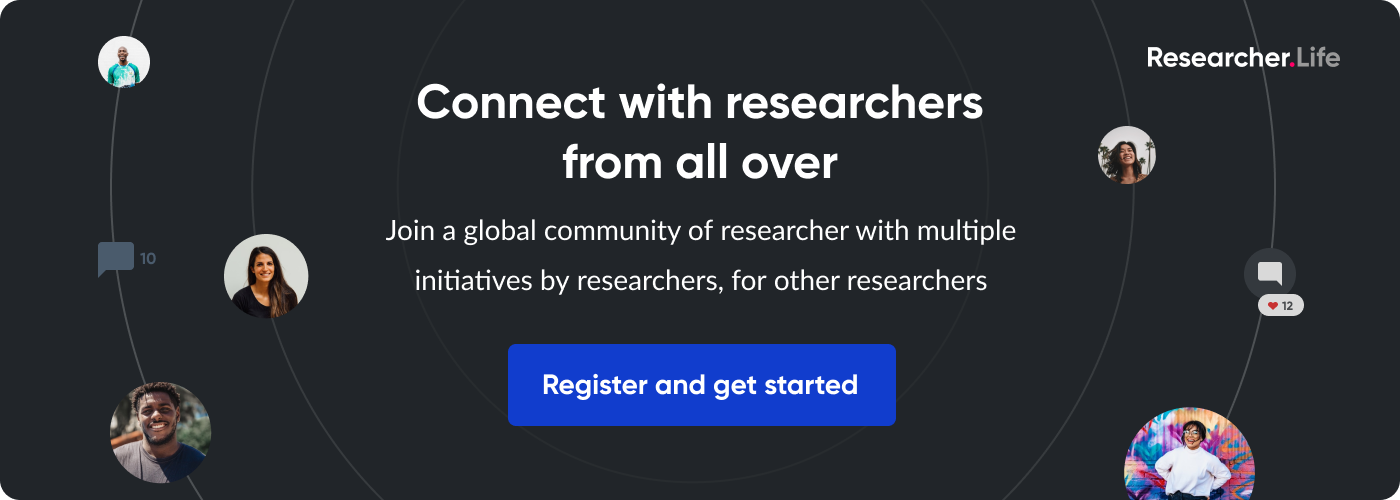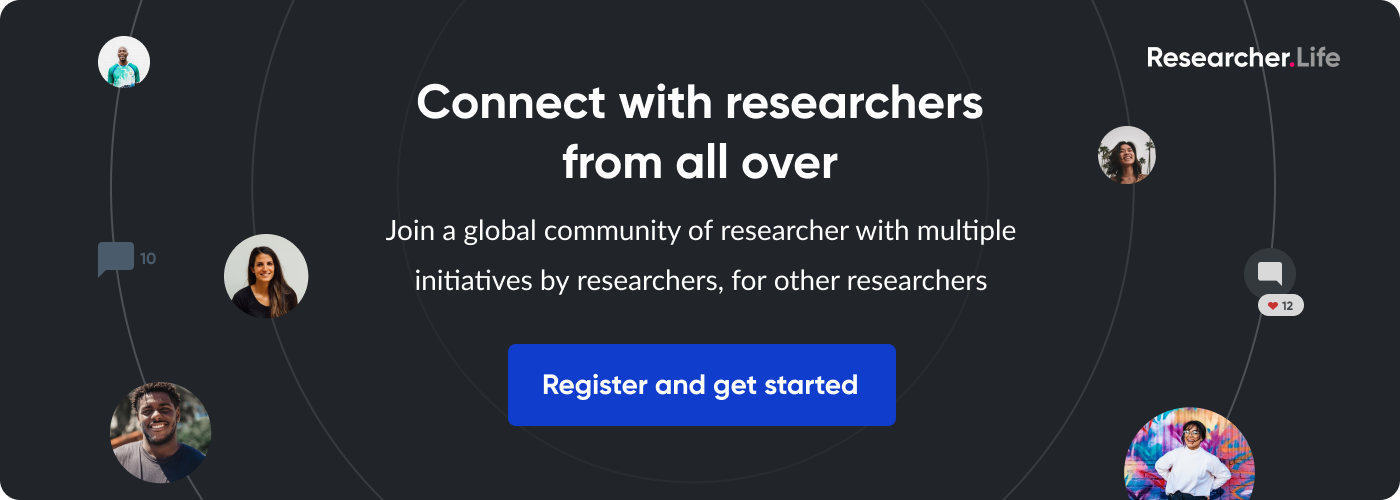The ownership of scientific publications and content in the era of AI/ChatGPT

The landscape of scientific publications and content ownership is undergoing a large transformation with the advent of generative artificial intelligence (AI) and advanced language models like ChatGPT. Traditionally, the ownership of scientific publications and articles has always belonged to individuals, research institutions, and publishing houses. However, the rise of AI has introduced new advancements as well as challenges, blurring the lines of ownership and has thus, prompted a reevaluation of established norms of scientific ownership.
Language models like ChatGPT, which have their roots in NLP (Natural Language Processing), have so far shown excellent abilities in generating human-like content, including scientific knowledge. Researchers now often use AI to help generate hypotheses, review articles and generate context-based texts for research publications. Unlike traditional authorship, where individuals are credited for their intellectual contributions, AI's role complicates matters. Should the AI system itself be considered an author? Or should the human guiding the AI take all the credit?
An argument for this is that AI could be considered a tool aiding the research process, analogous to a microscope or computer software. Thus, instead of giving the AI system authorship, it could be acknowledged as one of the tools used in the research with the human operator retaining their ownership over the scientific article. But blurring these lines of ownership also raises a multitude of ethical and legal nuances that the current copyright laws and IP frameworks may not be equipped to handle efficiently.
In the UK, the Copyright, Designs, and Patents Act of 1988 acknowledges that AI-generated content can be protected by copyright. For AI models like ChatGPT, the first concern arises regarding using content from others. Presently, UK law allows non-commercial text and data mining, but legal ambiguity remains. OpenAI's terms leave users responsible for legality, and potential changes lack the stability of copyright. The second issue questions whether AI deserves credit as an author. To avoid legal tangles, it is crucial to clarify laws, ensure AI doesn't misuse copyrighted material and establish proper attribution.
Despite the ongoing challenges regarding ownership, the use of AI brings exciting prospects for increased collaboration and accessibility. AI tools have the capability to speed up the analysis and synthesis of enormous datasets, potentially allowing faster scientific breakthroughs. Yet, to fully unlock its potential in research, it is essential to adopt an open and collaborative mindset that promotes the sharing of models, data, and methodologies among researchers.
While navigating through the challenges of scientific ownership, it is very important that we do not forget to protect the legal rights of the researchers. Clear guidelines and ethical standards must be established to acknowledge the contributions of both human researchers and AI systems. Collaboration should be encouraged, but not at the expense of lowering the recognition and rights of those who actively engage in the creative and intellectual aspects of scientific research.
Comments
You're looking to give wings to your academic career and publication journey. We like that!
Why don't we give you complete access! Create a free account and get unlimited access to all resources & a vibrant researcher community.

Subscribe to Conducting Research











